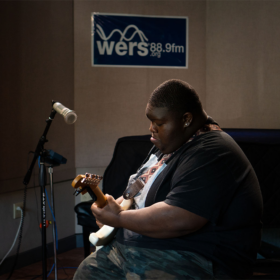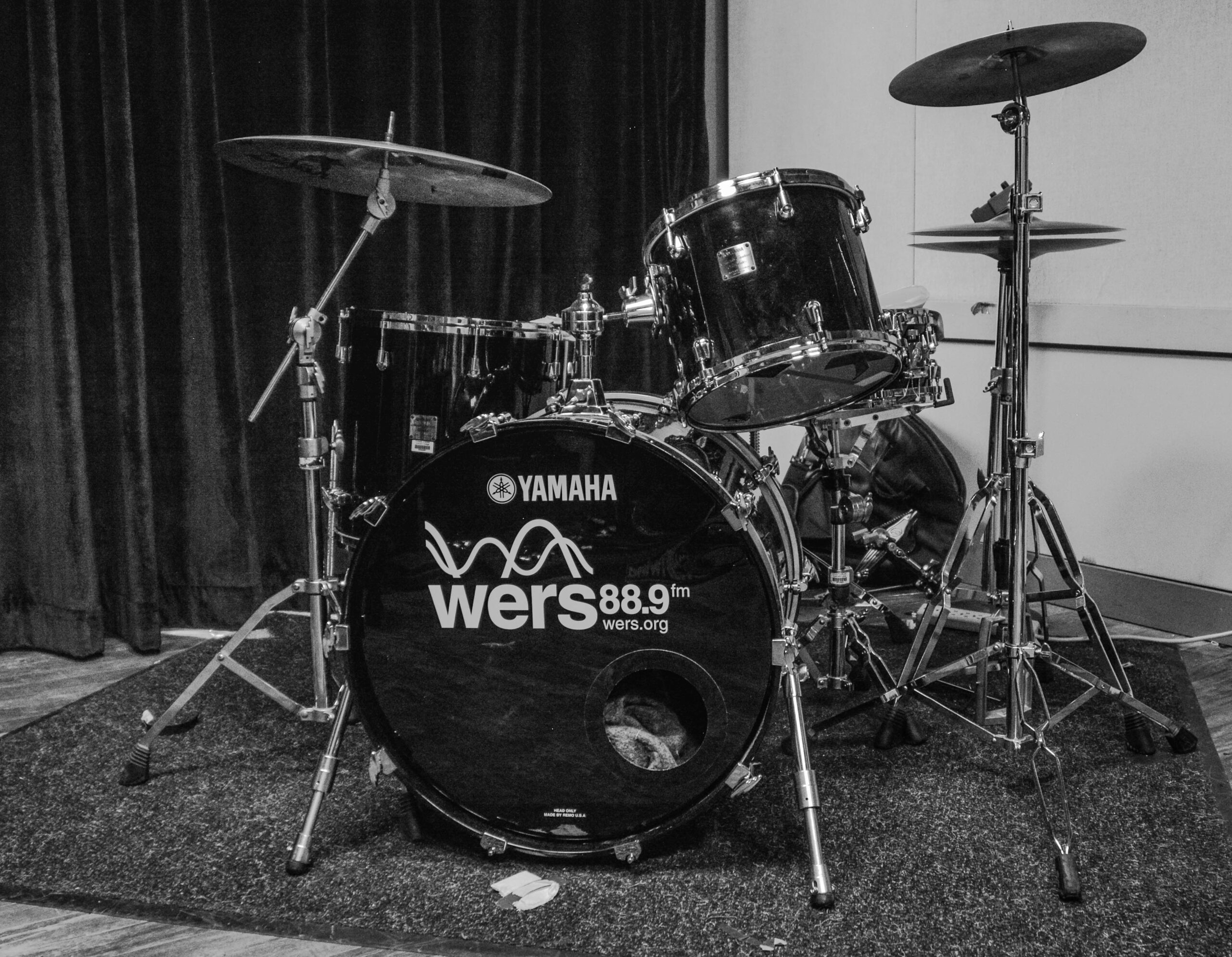
Stephen Sondheim, composer of legendary Broadway shows, passed away this week at 91.
By Phil Jones, Standing Room Only Host
When Stephen Sondheim was born in 1930 in New York City, Boston was putting itself together. Neighborhoods were swelling and bursting, and power was shifting. The last African American church on Beacon Hill closed and moved to Roxbury, not far from where a young Leonard Bernstein attended temple in the then largely Jewish area. The theater district was slowly becoming a place for cheap entertainment, with movie houses giving prestigious stages a run for their money. I say prestigious because that's precisely what Boston stages were at the time: full of squeaky clean prestige. The mayor's office could pull a theater's license for any reason at all (cast members entering from the aisles, and suggestive "muscle dances" being particularly unacceptable).
By the time Sondheim attended Williams College in Western Massachusetts, Boston's sensibilities, as potentially limiting as they were, had become an asset to Broadway. The the Boston try-out was born. If it passed in Boston, so the thinking went, it would be a hit in New York. Everything tried out in Boston through the late '70s. So it went, that the boy whose emotional core was shaped in New York, saw his professional craft honed by the stages of Boston.
The first time Sondheim's name appears in the Globe is to credit him as a member of the senior class at Williams who had composed a new show, "All That Glitters," with excerpts performed on WEEI (now the Sports Hub). How about that!
His name appears many more times in 1959. After collaborating with Bernstein on "West Side Story", and Jule Styne on "Gypsy", Sondheim nearly opened his first show "Saturday Night" at the Schubert, but pulled it from opening, saying that the world had changed to be less receptive to the show he'd written six years earlier.
It certainly had. By the time "A Funny Thing Happened on the Way to the Forum" opened in 1962, Boston's Theater district had slowly morphed into the Combat Zone. The stages that remained at the bottom of Tremont street continued to face censorship, while those on Washington Street pursued their newfound freedom to turn vaudeville houses into strip clubs.
It was the Boston tryout of the ill-fated "Do I Hear a Waltz?" that in part convinced Sondheim to always keep control of both music and lyrics in his shows. Writing lyrics for Richard Rogers' music should've made a hit, but Boston turned up its nose. That's not to say Sondheim feared collaboration: his work with the legendary producer Hal Prince (another fruitfully long life, Prince died in 2019, also at 91) led to "Company." That tryout was, again, in Boston. This try out proved that Boston was not just a place for tweaking shows, it sometimes provided the sort of exuberant response needed to get a show as unusual as 'Company" on its legs to New York. The reviews praise Sondheim's complete originality, for taking no cues from no one and aiming to please no one at all.
So it goes on: "Follies" was reworked viscously after a disastrous opening in Boston (Sondheim recalled hearing that some of the set had to be demolished in a back alley after a number was cut, but I can't find any corroboration. I hope it's true), "A Little Night Music" tried out at the Colonial, the first time the public ever heard "Send in the Clowns". Boston shaped nearly every Sondheim show from then onwards. The situation is even hinted at in "Pacific Overtures" when the Japanese poets reference the city in haiku.
Somewhere in there, as the shows began to age and be revived, Sondheim began to have an effect on Boston's stages, not the other way around. His work provided challenging material for the spectacular revival that local theatre saw in the 1990s, as companies like Speakeasy and the Lyric Stage proved their mettle with everything from "Merrily We Roll Along" to "Assassins." Audiences did and do turn out by the hundreds.
Ironically, as our smaller stages have become hotbeds for revivals and cutting-edge new works, our larger stages are no longer the center of on-stage innovation. In fact, we would likely not still have the beautiful Colonial Theater without a scorching interview Sondheim gave in defense of the place in 2015. Meanwhile, "Into the Woods" can be seen almost every year on local high school stages, continually challenging young actors to find the emotional truth that each of Sondheim's songs insists on.
The spirit with which Sondheim wrote "Company," a progressive spirit that calls for intense attention to detail, and a refusal to allow a song that doesn't bring you deeper into the character, is the energy alive in Boston's theaters today. So it will continue! Sondheim, working to the end, was attending previews and giving notes on the revival of "Company" only a week before he died this week, at 91. When it tours Boston, I bet it will land at the Colonial.


![The Kooks LIVE In Studio performing “Around Town” [Acoustic] The Kooks LIVE In Studio performing “Around Town” [Acoustic]](https://wers.org/wp-content/uploads/2017/01/The-Kooks-2-280x280.png)
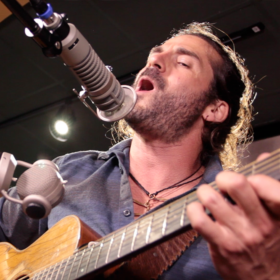

![The Kooks LIVE In Studio Performing “Down” [Acoustic] The Kooks LIVE In Studio Performing “Down” [Acoustic]](https://wers.org/wp-content/uploads/2017/01/The-Kooks-4-280x280.png)

